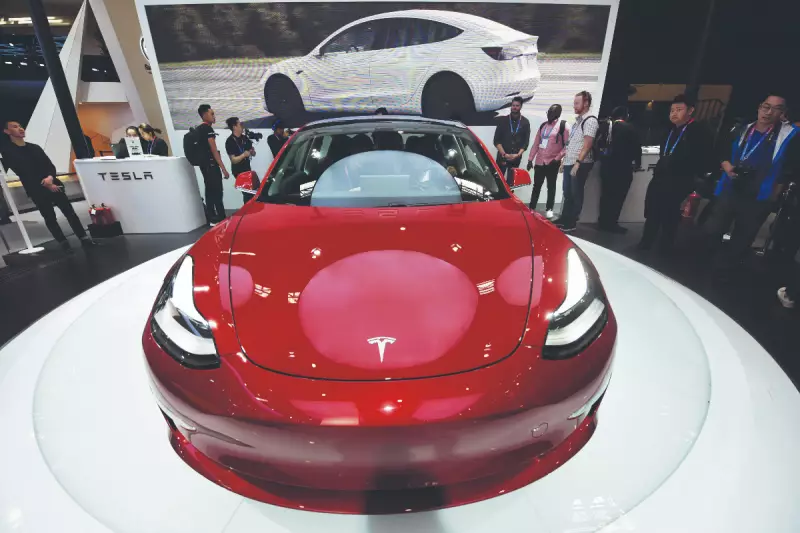
In a major push to accelerate Britain's electric vehicle revolution, the Labour Party has announced a £10 million investment strategy specifically targeted at eliminating charging blackspots across the country.
The Charging Divide
Despite growing electric vehicle adoption, significant portions of the UK remain poorly served by charging infrastructure, creating what transport experts call "charging deserts." These blackspots are particularly prevalent in rural areas, smaller towns, and regions that have received less infrastructure investment.
Labour's Infrastructure Offensive
The £10 million fund represents one of the most targeted approaches to addressing regional inequality in EV infrastructure to date. The investment aims to ensure that no community is left behind in the transition to zero-emission vehicles.
Key objectives of the programme include:
- Installing charging points in underserved communities
- Supporting local authorities with infrastructure planning
- Encouraging private sector investment in challenging areas
- Ensuring nationwide coverage ahead of the 2035 petrol car ban
Accelerating the Green Transition
This initiative comes as the UK works toward its ambitious climate targets. With the sale of new petrol and diesel cars set to end in 2035, reliable charging infrastructure has become a critical component of the nation's transport strategy.
"The current patchwork of charging availability is creating a two-tier system where some areas enjoy excellent infrastructure while others are effectively excluded from the EV revolution," the announcement stated.
Economic and Environmental Impact
Beyond environmental benefits, the investment is expected to stimulate local economies, create jobs in the green technology sector, and increase consumer confidence in making the switch to electric vehicles.
The funding announcement positions Labour as pushing aggressively on green infrastructure investment, making electric vehicle accessibility a key political priority as the UK continues its transition to sustainable transport.





